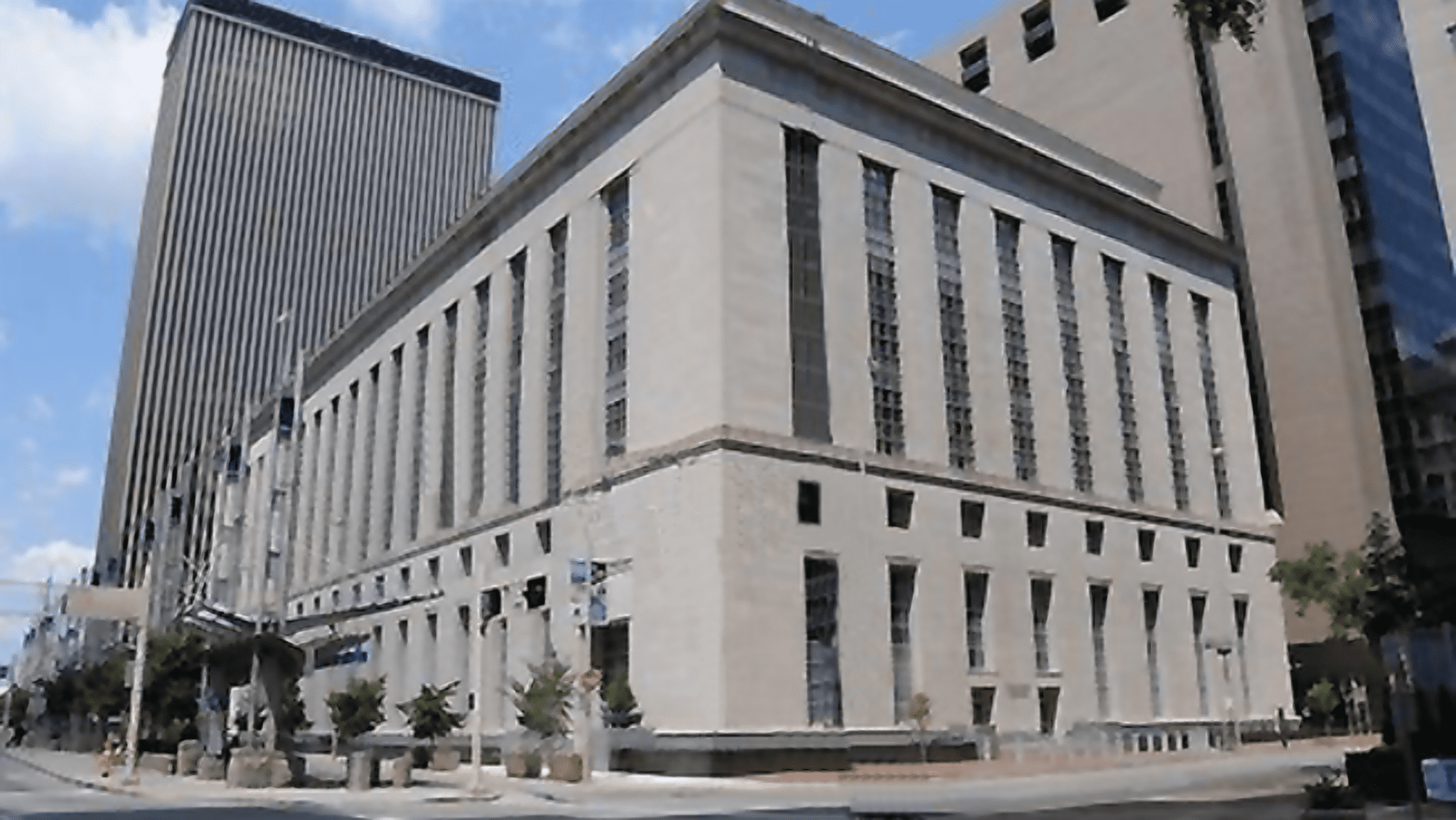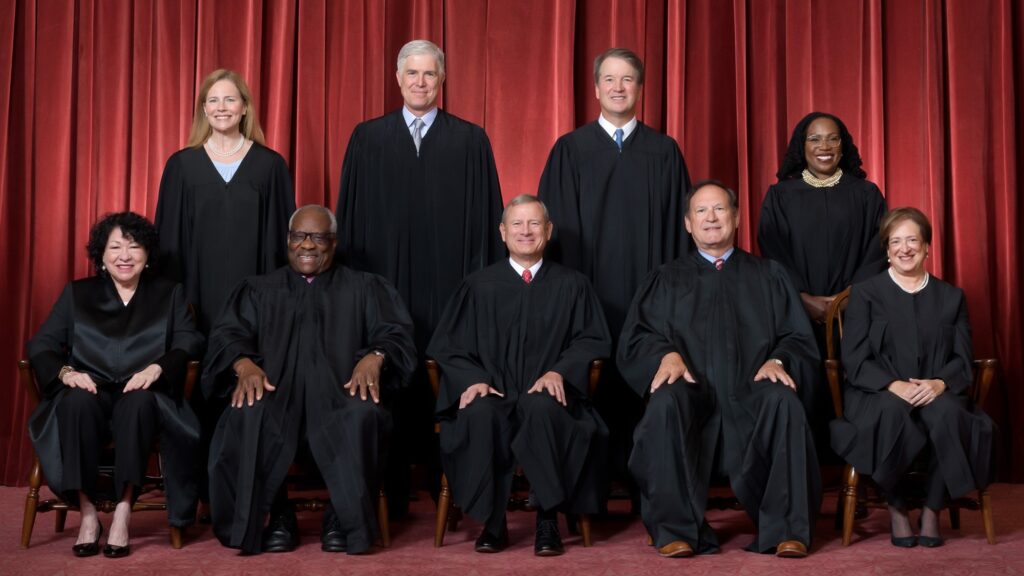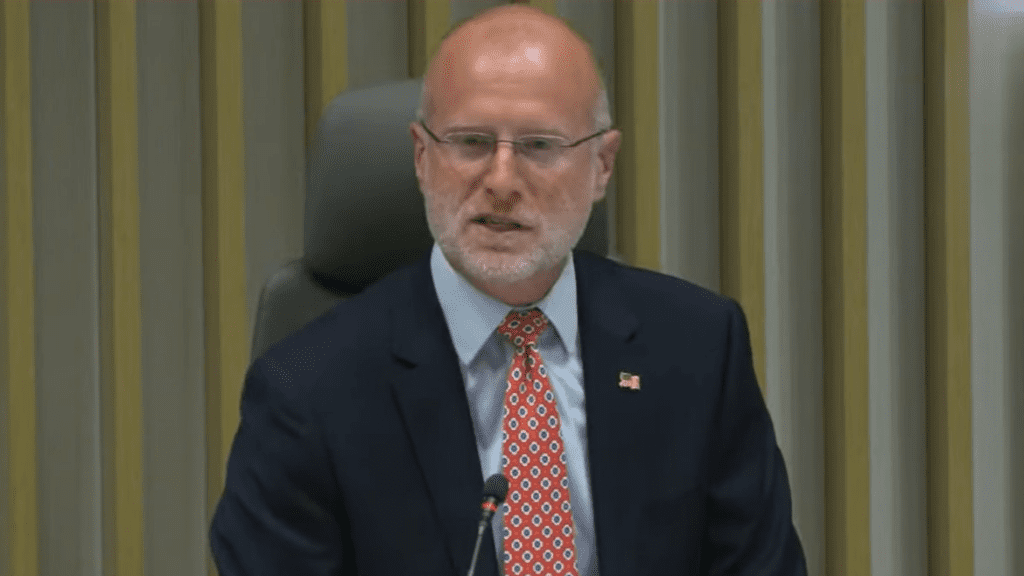Sixth Circuit Title II Oral Arguments Center on Major Questions Issue
Randy Sukow
|

The three-judge panel hearing the case over the FCC’s now-stayed order to regulate the internet using Title II rules peppered the parties in the case with questions about the definitions of “information services,” “telecommunications” and “telecommunications services;” the relevance of the Supreme Court’s reversal of the Chevron doctrine, and the ambiguities created by the FCC finding on both sides of the Title II question in recent years.
Perhaps the most interesting discussion in a Halloween morning session in the Sixth Circuit Court of Appeals in Cincinnati was over the “Major Questions Doctrine,” the concept that a federal agency should not decide an issue of national significance without clear Congressional authorization. The Supreme Court in recent years has had increasing interest in Major Questions issues.
“I do think [Major Questions] is binding law from the Supreme Court. And I do think a panel of this court got it right at the state stage unanimously and I think they recognize this is a major question if we’ve ever seen one,” said former acting Solicitor General of the United States Jeff Wall, who represented a long list of ISP organizations opposing the Title II order. Title II regulation would potentially shift reams of new regulations on Internet providers which they have never faced in the past as lightly regulated Title I “information service” entities.
“We agree this is a statutory interpretation case, not a Major Questions case. The Major Questions doctrine is triggered by an agency’s unexpected claim to significant power,” said Jacob Lewis, the FCC’s associate general counsel. The case turns on whether internet service is defined as a “telecommunications service,” which Congress had delegated to the Commission. “It’s not unexpected. It’s right there in the middle of the Communications Act, and it’s precisely what the Commission is charged to do,” Lewis said.
However, the Commission has used that Congressional authority to find that the internet is and is not a “telecommunications service,” depending on which political party has the majority on the Commission. The panel asked questions about the FCC’s inconsistency on the definition and whether the court should be guided instead by policy statements in the Telecommunications Act of 1996, which call for preserving vibrant, free markets without extensive regulation.
Some press reports have noted that all three judges in the hearing – Richard Allen Griffin, Raymond Kethledge, and John Bush – were appointed by Republican presidents, which could increase the chances that the Sixth Circuit will rule in favor of the ISPs. However, the panel fired pointed questions to both sides.
The FCC adopted its most current Title II finding in April and set a July date for it to go into effect. However, opponents of the order filed an appeal with the Sixth Circuit which later stayed it. There is no indication of when the court will make its decision. A Donald Trump victory in next week’s presidential election could prompt the FCC to repeal the order on its own, but a court ruling could settle the question for the long term.


